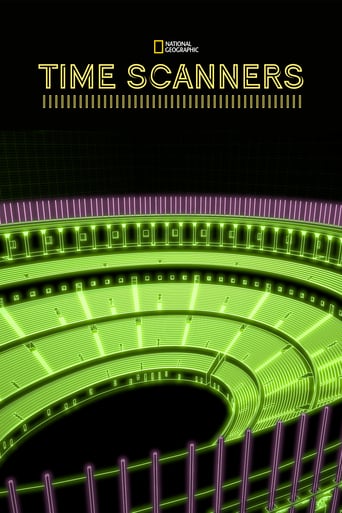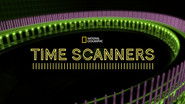nstickney
Should be good BUT shows same over and over and over shoulda been good. Just like other discovery shows it spends all the time saying it may reveal new insights ... And then there is no climax. All these shows are replaceable by one or two sentences. Shameful. Why do I need ten lines to say that show is crap? Do I have to point out they show the freakin laser setup at least twenty times? The narrator points out billions of points will be measured billions of times? The world famous host who I have never heard of is an expert at building big things is mentioned over and over. The setup people are from Arkansas. It should be good please make it good
duvv
While acknowledging the sensitivity of the subject of this installment...yet referring only to the Temple Mount and never the Noble Sanctuary (as it's known to Islam)...the date of the completion of the Dome of the Rock is rounded to a point where it's suggested it's younger than it is. "700 years" after Herod makes it sound like the Dome was completed c. 719 CE, when in fact it was the year 691.Most egregiously and ahistorically, the builder of the site is referred to repeatedly and exclusively as King Herod the Great--who indeed expanded the mount to twice its previous size and built the Second Temple during the first decades of the Common Era, but neither conceived of nor commenced the creation of the massive stonework comprising the Noble Sanctuary/Temple Mount. That happened hundreds, if not over a thousand years earlier.Just pointless sloppiness to overstate the role of King Herod. The opening narration of the episode refers to the four thousand year history of the site, then portrays the start of the major building to have started less than two thousand years ago.
prizm4
I must agree completely with reviewer "Michelle": there isn't a lot of new information here. The whole premise is based on the new insights these portable laser scanners can give. Except 80% of the information in the show has already been derived *without* laser scanners.There's a couple bits of neat information the scanners give, like the exact location of a sarcophagus inside the pyramid, or being able to determine that the 'Bent' Pyramid was purposely designed that way. But other than a few tidbits, these laser scanners aren't the star of the show.I certainly appreciate the lasers' use for 3D mapping these great monuments, and I think it's great that teams are going around doing this. The information these scans will provide will be invaluable in the future, I'm sure. But I don't think they justify an entire show - unless the new information is absolutely groundbreaking.Personally I think the team just needed funding to go around 3D mapping these sites - so they proposed this show. As mentioned in another review, this show should really be half-hour for the content it provides. At least in a half-hour show, the laser information would take up a better proportion of the allotted time.
Michelle
I saw two episodes of this show, St Paul's & Petra. Both had some interesting factoids, but were painful to sit through. The show's producers either didn't plan for enough content, or couldn't find enough content to fill an hour-long show - which meant every. tiny. bit. of. information. was. repeated. twelve. times. Not just your standard 3-times- to-get-the-point-across repetition, either; the narrator would say it, the (also annoying) host would enthuse about it in exactly the same words, they'd get the guest to say it, the expert to say it... and then they'd show a graphic of it, sometimes several times over. I felt like a developmentally challenged four-year-old being talked down to by some not-very-smart teachers. I'm also not sure of the value of the technology or the "new" insights gleamed, but that didn't bug me half as much as the presentation. Not up to PBS standards!!


